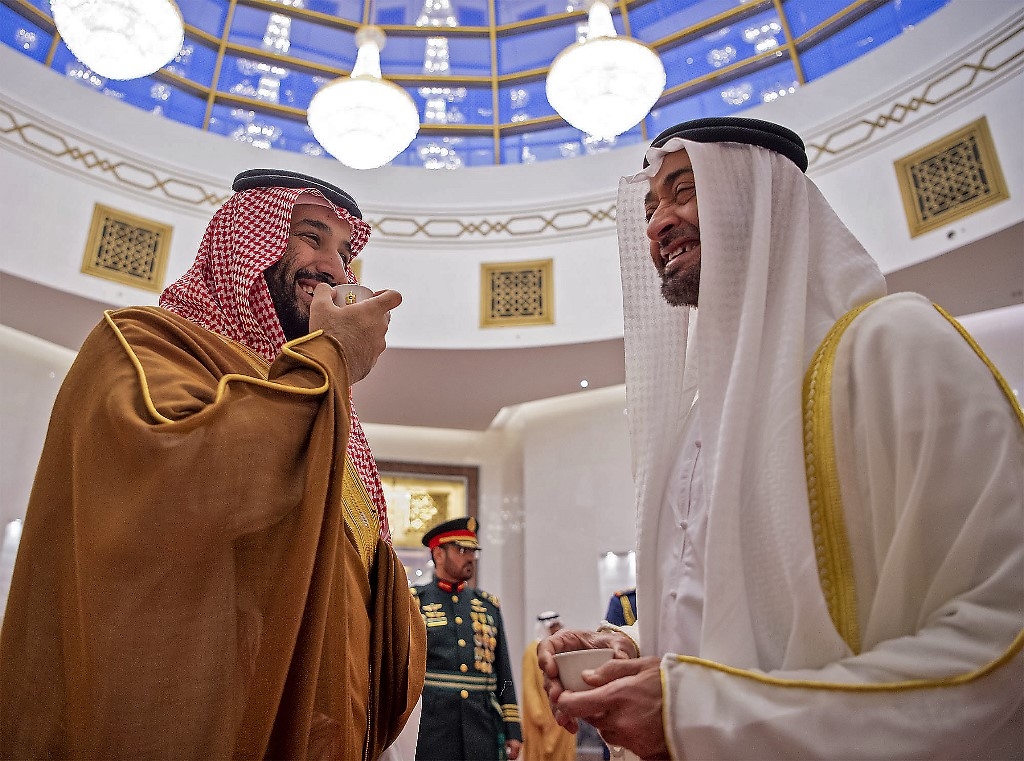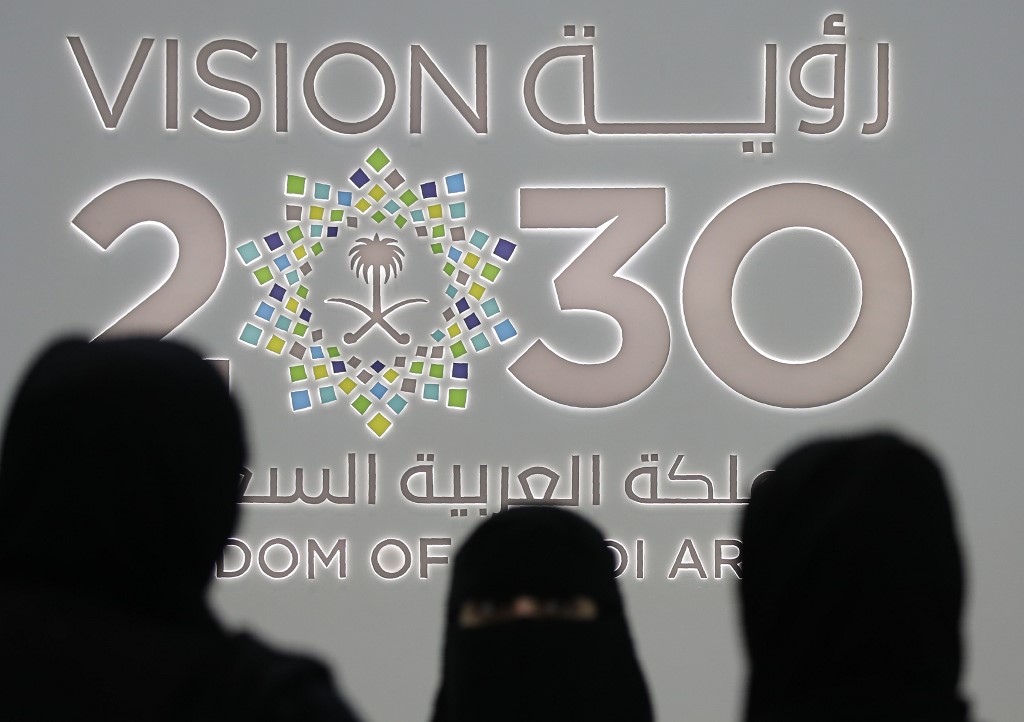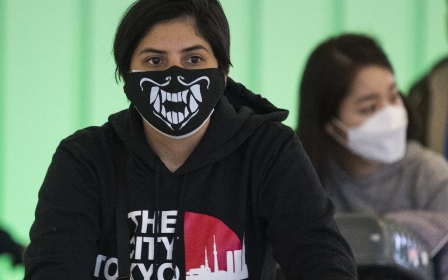Amid coronavirus crisis, Riyadh and Abu Dhabi are pushing fake news

In the face of the global Covid-19 crisis, and with a third of the world’s population in lockdown, calls for collective action to fight the virus have grown louder - but not in the Gulf, where disinformation campaigns and weaponised narratives continue to widen a gap that has divided the region for three years.
In June 2017, Saudi Arabia, the UAE and Bahrain, joined by Egypt, imposed a blockade on Qatar, accompanied by a massive operation aimed at tarnishing the reputation of Doha globally, mobilising people in the Gulf against the Qatari leadership, and even trying to lay the groundwork for regime change.
Illusion of disenchantment
In the initial phase of the crisis, Saudi Arabia and the UAE repeatedly tried to advance a regime-change narrative, presenting seemingly dissident members of Qatar’s ruling Al Thani family and their backers to create the illusion that Qataris were disenchanted with their leadership.
In reality, it turned out that Abdullah bin Ali Al Thani, promoted by Saudi and UAE outlets as an alternative emir in 2017, was being held against his will in the UAE.
Sultan bin Suhaim Al Thani, falsely presented as another alternative emir in September 2017, was a largely unknown youngster who perhaps thought he could make a name for himself.
These states are more likely to individually engage Iran than to collectively engage with one another
While the strategy of regime change has not only failed, but induced greater rallying around the flag in Qatar since 2017, disinformation networks tied to the Saudi and UAE governments are still relentlessly bombarding the social media sphere with false narratives targeting Qatar and its policies.
On the third anniversary of the blockade, fake news about a coup in Qatar made the rounds on Twitter, promoted by Saudi-linked bots and trolls.
While global media outlets, journalists and commentators have grown tired of this war of narratives in the Gulf, Qatar’s social media sphere views these outlandish claims from across the border with a dose of disbelief and humour.
Yet the Saudi and Emirati disinformation campaigns are primarily for domestic consumption.
Domestic pressures
In Saudi Arabia, where Twitter has among the highest penetration of any country in the world, state-run disinformation networks use conspiracy theories and false news to rally the Saudi public around the flag.
Political and socioeconomic circumstances in the kingdom are gloomy, with intense pressures amid a global economic downturn, unprecedented contraction of the oil market, and millions of people under lockdown amid the holy month of Ramadan.
On top of that, Riyadh is desperately seeking an exit strategy from the costly war in Yemen, as bipartisan pressure on the Saudi leadership mounts in Washington amid what many in the US see as a Saudi-induced oil price war. In this context, Saudi Crown Prince Mohammed bin Salman urgently needs diversion, as he is planning a political transition sooner rather than later.
Authoritarianism 2.0 has been the preferred means in the kingdom to manage a nascent civil society that has taken to social media. Rather than banning social media platforms altogether, one of bin Salman’s most trusted advisers, Saud al-Qahtani, commands an army of cyber surrogates that can undermine genuine societal discourse.
Qahtani has built disinformation networks, relying on troll farms and bots to hunt dissidents domestically and critical voices globally.
Linked to existing conventional Saudi-owned media outlets, these state-sponsored cyber surrogates boost the virality of stories the government wants to promote, while artificially creating social media trends in an algorithm-curated environment.
Window of opportunity shut
Stories that might otherwise attract little attention, such as a piece in the Saudi Gazette on an unknown Al Thani calling for Qatar’s emir to resign, are hyped by an extensive disinformation network, appealing to novelty and sensationalism.
Artificial hashtags, such as “Coup in Qatar”, draw in social media users who have spent weeks in lockdown and face a rocky economic road ahead.
“Bread and circuses” has been a proven recipe for bin Salman to divert the Saudi public’s attention from uncomfortable questions about the progress of his reform agenda, which promised more employment, a growing private sector and foreign direct investment.
For the Gulf crisis, soon heading into its fourth year, the outlook is gloomy. Paradoxically, while the Covid-19 crisis calls for a collective response in the Gulf, these states are more likely to individually engage with Iran than to collectively engage with one another.
The continuing disinformation campaign by Saudi Arabia and the UAE against Qatar has destroyed any hopes of a rapprochement anytime soon, let alone reconciliation.
The small window of opportunity that Riyadh and Doha opened in late 2019 has been firmly shut by bin Salman, whose response to the current crisis has been to pull up the drawbridge rather than to lead, as Saudi Arabia once would have done.
The views expressed in this article belong to the author and do not necessarily reflect the editorial policy of Middle East Eye.
Middle East Eye propose une couverture et une analyse indépendantes et incomparables du Moyen-Orient, de l’Afrique du Nord et d’autres régions du monde. Pour en savoir plus sur la reprise de ce contenu et les frais qui s’appliquent, veuillez remplir ce formulaire [en anglais]. Pour en savoir plus sur MEE, cliquez ici [en anglais].







